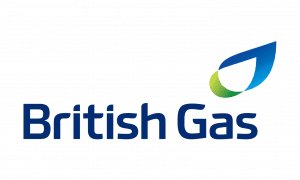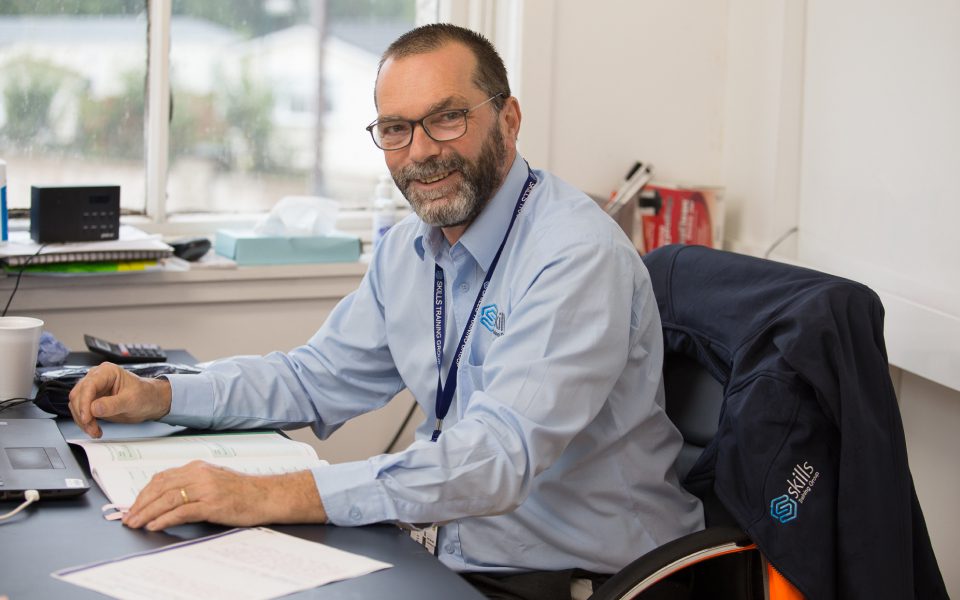Course overview
Air Source Heat Pump Course by Skills Training Group in Glasgow
The Skills Training Group’s Air Source Heat Pump (ASHP) course is designed for engineers to acquire the skills necessary to specify, survey, design, and install domestic and small commercial air source heat pump systems up to 16 kW.
Course Assessment:
- A combination of written and practical assessments
- Multiple-choice questions
- A design scenario
Upon successful completion of the assessment, participants will be awarded the RQF Level 3 Award in the Installation & Maintenance of Heat Pump Systems by LCL Awards.
Qualification Requirements:
- For installation, servicing, and maintenance of ASHPs, participants require only the WRAS and this ASHP qualification.
- For designing ASHPs under MCS accreditation, the Level 3 Award in Low Temperature Heating and Hot Water Systems in Dwellings Qualification is also necessary.
Modules breakdown
Key Learning Topics in the Air Source Heat Pump Course
The course encompasses a comprehensive range of topics essential for proficiency in air source heat pump systems:
- Health and Safety: Understanding the hazards and safe operation methods associated with air source heat pump systems.
- Regulations and Standards: Familiarity with regulations and standards relevant to air source heat pump installations, testing, and commissioning.
- Heat Pump Unit and Components: Learning about the functions and operational characteristics of heat pump units and their components.
- System Components: Insight into the purpose and operational characteristics of various components in an air source heat pump system.
- System Types and Hydraulic Emitter Circuits: Understanding different air source heat pump systems and arrangements for hydraulic emitter circuits.
- Selection and System Design: Grasping the principles of selecting and designing air source heat pump systems.
- Design Principles: Learning about design factors and principles relating to these systems.
- Installation Preparation: Preparation required for installing air source heat pump systems.
- Installation and Commissioning: Learning specifics of installing, commissioning, and handing over air source heat pump systems.
- Installation Organisation: Organising and preparing for the installation process.
- Testing and Commissioning: Skills in testing and commissioning air source heat pump systems.
- Client Handover: Ability to effectively hand over systems to clients.
- Inspection, Servicing, and Maintenance: Understanding the criteria for inspecting, servicing, and maintaining these systems.
- Diagnosis and Repair: Learning to diagnose and repair problems in air source heat pump systems.
- Competency in Fault Diagnosis: Gaining competence in identifying and repairing faults and failures in these systems.




